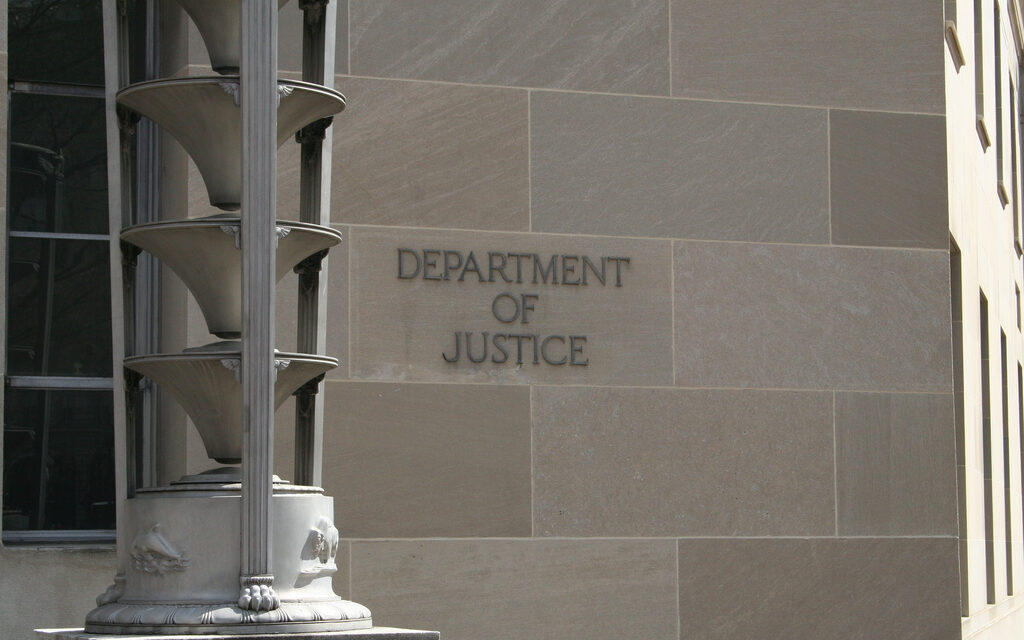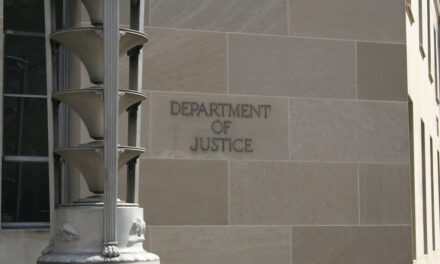 Ten Commandments rally at Supreme Court, June 20
Ten Commandments rally at Supreme Court, June 20
By CONRAD GOERINGER
WHO: Atheists, humanists, freethinkers, anyone interested in protecting the separation of Church and State
WHAT: Rally on the steps, U.S. Supreme Court Building
WHY: Anticipated Ten Commandments display rulings.
WHEN: This Monday, June 20, 2005, 9 a.m.
WHERE: SCOTUS
(All info from the Humanist Network News)
American Atheists along with representatives of other atheist, freethought, humanist and separationist groups will rally at the U.S. Supreme Court Building in Washington, DC next Monday, June 20, 2005.
This is in anticipation of a possible decision by the high court in two important cases regarding display of the Ten Commandments and other religious documents/symbols on public property.
The event begins at 9 a.m. (weather permitting) and will include a program of speakers from numerous organizations.
Signs and banners will be provided, or you may bring your own.
The Supreme Court Building is located at One First St., NE in Washington, DC. It is convenient to the METRO system. The Capitol South station is nearby for those traveling on the Blue or Orange Lines. Union Station is about a 5-6 minute walk for those coming in on AMTRAK or the Red Line.
The building is proximate to the Capitol and Library of Congress. There is only limited parking in the area, so consider taking a taxi or the Metro system.
The Court usually announces its decision before noon on Mondays. Attorneys in the pertinent cases receive little or no notice. Sometimes, there is a news story about a forthcoming decision; but no one can guarantee precisely when the court will make a ruling public.
Most observers agree that the decision in the two Ten Commandments cases (Van Order v. Perry, McCreary County v. ACLU of Kentucky) will be announced on either Monday, June 20, or at the end of the current session, Monday, June 27. We are rallying on this coming Monday (6/20) in anticipation of a possible ruling. If the court does not announce its decision on that day, we will likely be back in Washington on the steps of the court the following week. For updates, visit http://www.atheists.org/decisionday.
Ellen Johnson, President of American Atheists will speak at the rally. Representatives from several other organizations, national and regional, have been invited to attend.
For more information, contact Rick Wingrove, Virginia State Director for American Atheists at rwingrove@atheists.org, or visit http://www.atheists.org/decisionday.
PR Pointers: Ten Commandments ruling
By DUNCAN CRARY
Humanist Network News
June 15, 2005
This is a great opportunity for you to share a humanist voice with your local media. Rulings are typically announced on Mondays and Thursdays. Don’t get caught off guard. Start preparing for the ruling now.
It is a good idea to make a short list of talking points. Here’s an example of some arguments against the posting of the Ten Commandments on government property. You can use this list of talking points to help create your own.
If you do get the chance to speak to a reporter, do not read straight from your list. (This is particularly important for radio and television interviews.) Try to be familiar enough with your message that you can speak naturally, but check back with your list from time to time to be sure you’ve covered the most important points.
And remember to SPEAK SLOWLY! Very few newspaper reporters use tape recorders and even fewer know shorthand. If you’re afraid you have said something too quickly, it’s perfectly all right to ask a reporter if you are going to fast.
Ten Commandments Talking Points
GENERAL
- Displaying the Ten Commandments on government property, especially in courthouses, is an endorsement of religion.
- The government has no business advocating for or against religion.
- Maintaining a secular government is the best way to ensure that all citizens — religious and nonreligious — have the freedom of conscience.
THE FIRST AMENDMENT
- The First Amendment of the United States Constitution states: “Congress shall make no law respecting an establishment of religion, or prohibiting the free exercise thereof…”
- The First Amendment has two religious provisions known as the “Establishment Clause,” and the “Free Exercise Clause.” Together these clauses ensure that the government shall be neutral toward matters of religious belief.
THE TEN COMMANDMENTS
- Less than half of commandments serve a secular purpose, such as prohibitions on murdering, stealing, bearing false witness and, perhaps, adultery. These basic laws can be found in many other secular historical documents and are not unique to Judeo-Christian tradition.
- (Note: The religious commandments of the Decalogue are not shown in the oft-cited frieze contained in the chambers of the U.S. Supreme Court. Only commandments six through ten — which are written in Hebrew — are partially visible on the overlapping tablets.)
- The remaining commandments — such as prohibitions on worshipping other gods, idol veneration, keeping the Sabbath holy, or taking the Lord’s name in vain — are strictly religious rules, with no secular value.
- There are several different versions of the Ten Commandments. In selecting one version of the Ten Commandments over the others, the government would be favoring one denomination or faith over another. That should violate any interpretation of the Establishment Clause of the First Amendment!
CONCLUDING REMARKS
America is a diverse nation with citizens of many different faiths and none. Displaying a particular set of religious rules in a courthouse sends the message to non-adherents that they are outsiders. It tells atheists, humanists, Buddhists, Muslims, Native Americans, Hindus, etc. that they cannot be good law abiding Americans.




